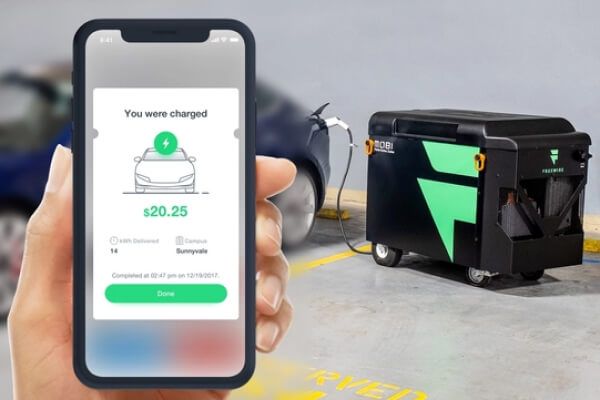
In the entire history of our company, since its very inception, every time we talk to a new client we get very specific but extremely simplified requirements. In most cases, the client simply says: "We need a website!" and provides all the details and his vision of how the website should look and function. However, almost no one out of these clients has the answer to "why do they need the website?". Here, I want to have small shallow dive into this issue and how we typically resolve it.
Clients were not happy if the problem is not solved
I want to start with a little story, first. When we were starting as freelancers, working together on different projects, we almost always assumed that we must execute the client's vision. While doing that, however, we were faced with several issues.
For starters, it was simply hard to achieve. We were chasing our own tails. The businesses that we built the website for, were constantly changing their minds, and more often than not instead of completing the project we would just stop it with pain and frustration for both sides.
Next, even when the project was delivered, it was very quickly understood that it was not good enough. We were then asked to do some changes, and the cycle was starting all over again.
With all the frustration, we did learn a lesson though. The most important missing piece of a puzzle was the fact that we were not solving anyone's problem. More than that, we didn't even spend the time to understand what the problem needed solving is. We literally were building a website and nothing more, simply because the client wanted it.
Don't build a website! Solve their problem!
Fast forward a bit, we started a conversation with yet another prospective client (let's name him John for the purpose of this post). At some point during our lengthy chat, John said something that completely changed our vision. He started to explain what is the problem that he is trying to solve with this new website that he is envisioning.
Today, almost any somewhat experienced consulting & web development company will tell that it's obvious, but for us, back then, it was a complete revelation. We got super excited! we started asking much more focused questions. Every discussion brought more and more understanding about John's business and the problem he is trying to solve. For the first time in our career, we were targeting to solve a problem instead of building just another website.
That project may be still was not the most successful, but we did consider it as a success. Success for us! We learned probably the one most important thing that helped us many years to come (until this day). We learned to put ourselves in the shoes of the customer, understand his work and his frustrations, and built a product to solve it.
Don't do it just for money
To continue this story a bit, there is another case or outcome, that might feel undesirable. Imagine that you are trying to win a deal, and having conversations with your customer. In some cases, you will realize that a problem can be solved without you even doing anything. For example, through google docs, some easy to setup automation, or even already existing tools. Of course, at that point, it will feel like you might lose the deal. And you would not be wrong! It is a possibility. But even if you do, think about how your client will feel.
The main thing that you gain with not pushing to close the deal, is trust. We learned that trust is the most important thing you can gain with any client. Even if that deal falls apart, the person you just talked to will be the one to recommend you to others. He is happy, right? You effortlessly solved his problem!
And... honestly speaking, we had a single case in our entire 15 years when the deal fell apart because we found an easy solution. Usually, when a customer sees what is possible, his brain will go into overdrive, and more different ideas will come up in the process. It will probably not be what he envisioned anymore, but it will solve one or more of his problems for sure.
Conclusion
So, for the conclusion,
- have an open discussion with your client
- understand his world and his business
- understand his struggles and frustrations
- keep everyone always involved as much as possible and as often as possible
- let your client be a part of your team
And most importantly, solve his problem! don't just build a website. It is their business, after all!

